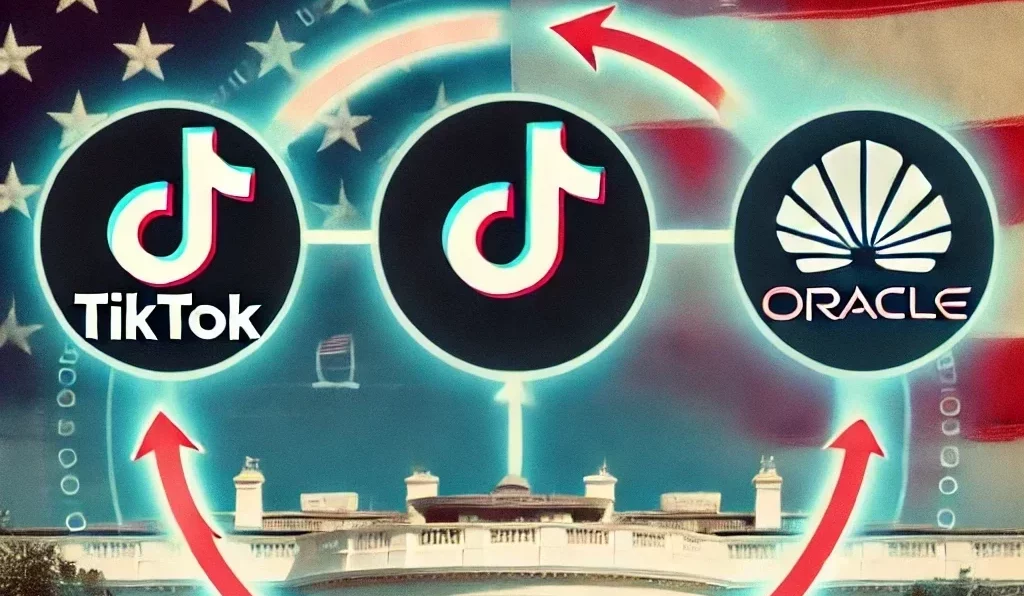The future of TikTok in the United States remains uncertain as the White House takes an active role in determining the fate of the popular social media platform. With national security concerns at the forefront, the U.S. government is pushing for a sale that could reshape the digital landscape. But what does this mean for TikTok, its users, and the broader tech industry?
The Political Pressure Behind the Sale
The U.S. government has long expressed concerns over TikTok’s ownership by Chinese company ByteDance, fearing that the Chinese government could access American user data or influence content through the app. While TikTok has repeatedly denied these allegations, tensions between the U.S. and China over technology and cybersecurity have only intensified.
The White House’s involvement in negotiations is a departure from the usual free-market approach, signaling the government’s serious view of TikTok as a potential security risk. In January 2025, the U.S. Supreme Court upheld a law mandating ByteDance to sell TikTok’s U.S. operations or face a ban, reflecting bipartisan support for this measure. President Donald Trump signed an executive order delaying enforcement of the ban for 75 days to allow more time for a potential deal, adding another layer of uncertainty to TikTok’s future and the fate of its 170 million American users.
Potential Buyers and Challenges
Several major tech companies, including Microsoft and Oracle, have expressed interest in acquiring TikTok’s U.S. operations. However, a deal of this magnitude faces legal and logistical hurdles. Any buyer would need to navigate issues related to data security, user privacy, and the technical complexities of separating TikTok’s U.S. operations from its Chinese parent company.
According to Politico, Oracle has emerged as a leading contender to oversee TikTok’s U.S. data operations. Reports indicate that the White House is seriously considering a proposal from Oracle to take over these operations, aiming to address national security concerns while allowing TikTok to continue operating in the U.S. Given Oracle’s existing cloud infrastructure and partnerships with government agencies, this move could help mitigate potential risks associated with TikTok’s data handling practices.
However, China has made it clear that it opposes a forced sale, which could complicate negotiations further. The Chinese government has previously introduced restrictions on the export of certain AI technologies, which could prevent ByteDance from selling TikTok’s recommendation algorithm—the core component of its success.
Impact on Users and the Tech Industry
For TikTok users, a potential sale raises questions about how the app might change. Would a new owner alter the platform’s algorithm, policies, or content moderation practices? Would TikTok remain as engaging and culturally relevant as it is today? Many influencers and businesses that rely on the app for income and marketing are watching the situation closely.
From a broader perspective, the White House’s intervention in the sale sets a precedent for how governments could regulate foreign-owned tech companies. If the U.S. successfully forces TikTok’s sale, it may lead to similar scrutiny of other international tech firms operating in the country.
What’s Next?
The battle over TikTok’s future is ongoing. While the White House is actively working to broker a deal, legal challenges and geopolitical tensions could prolong the process. Notably, Vice President JD Vance has expressed confidence that a significant purchase of TikTok by a U.S. entity will occur before the April 5 deadline, enforcing a ban on the app unless it is divested from ByteDance. Whether TikTok ultimately changes hands or remains under ByteDance’s control, one thing is clear: the app is now at the center of a global tech power struggle.


